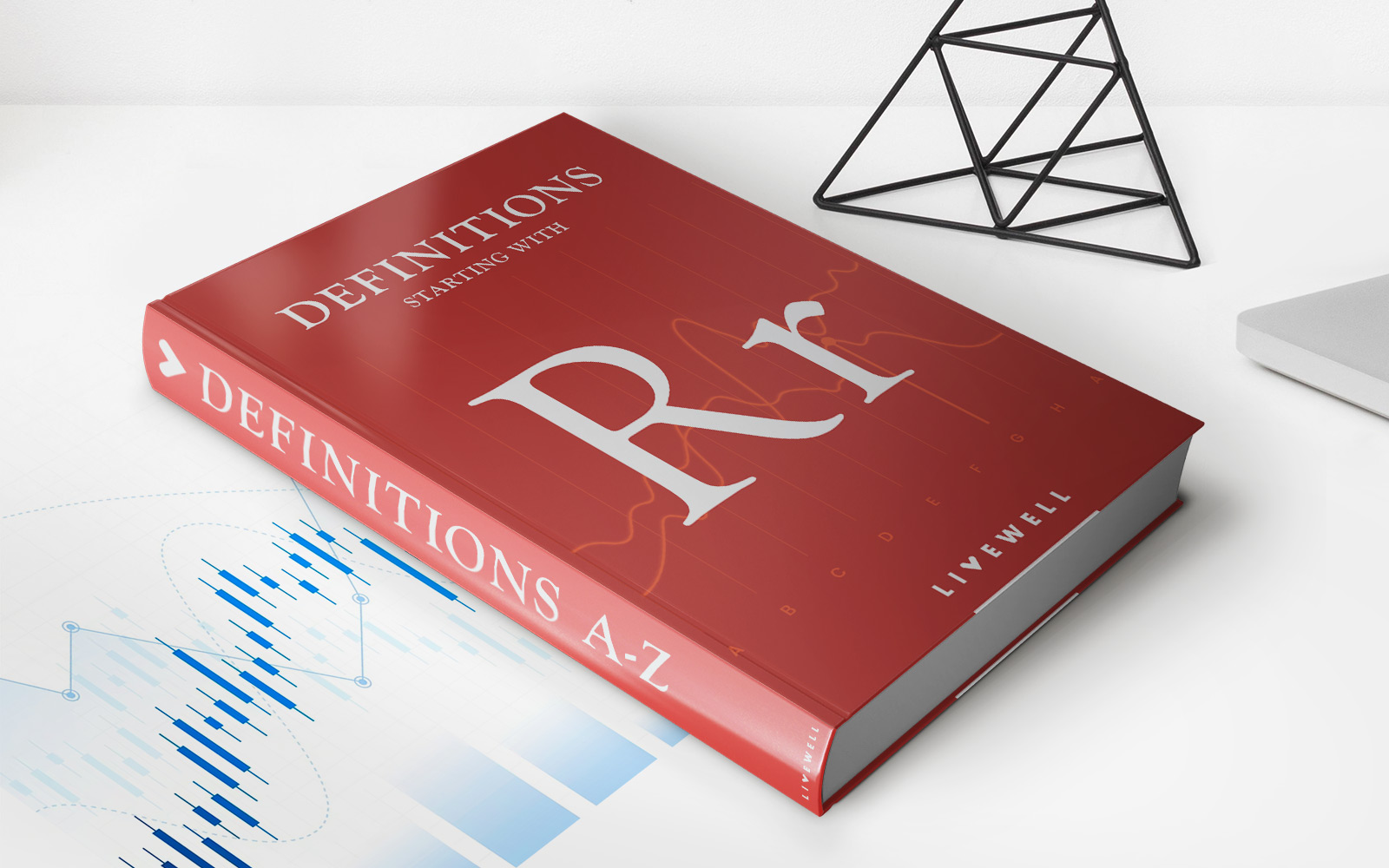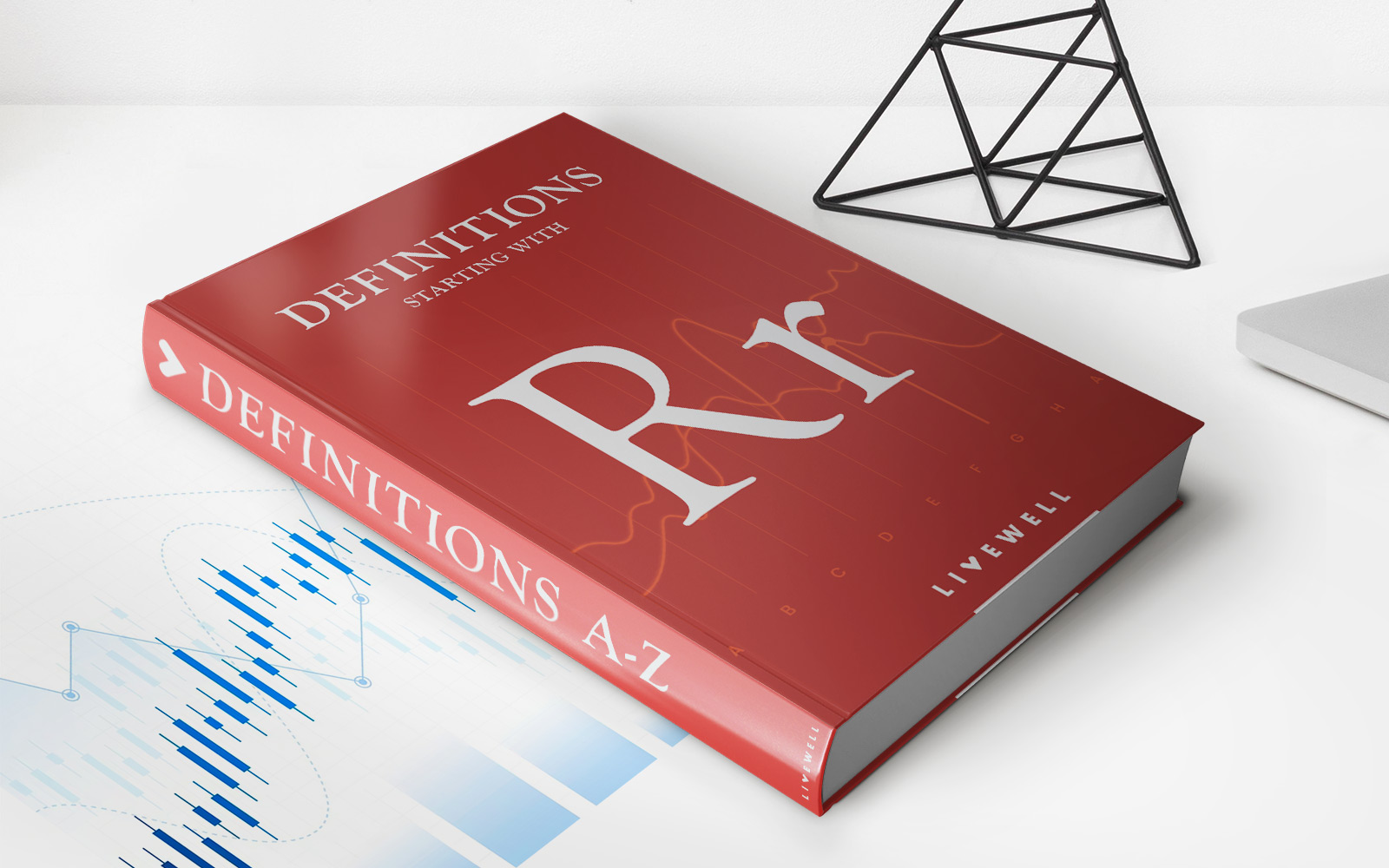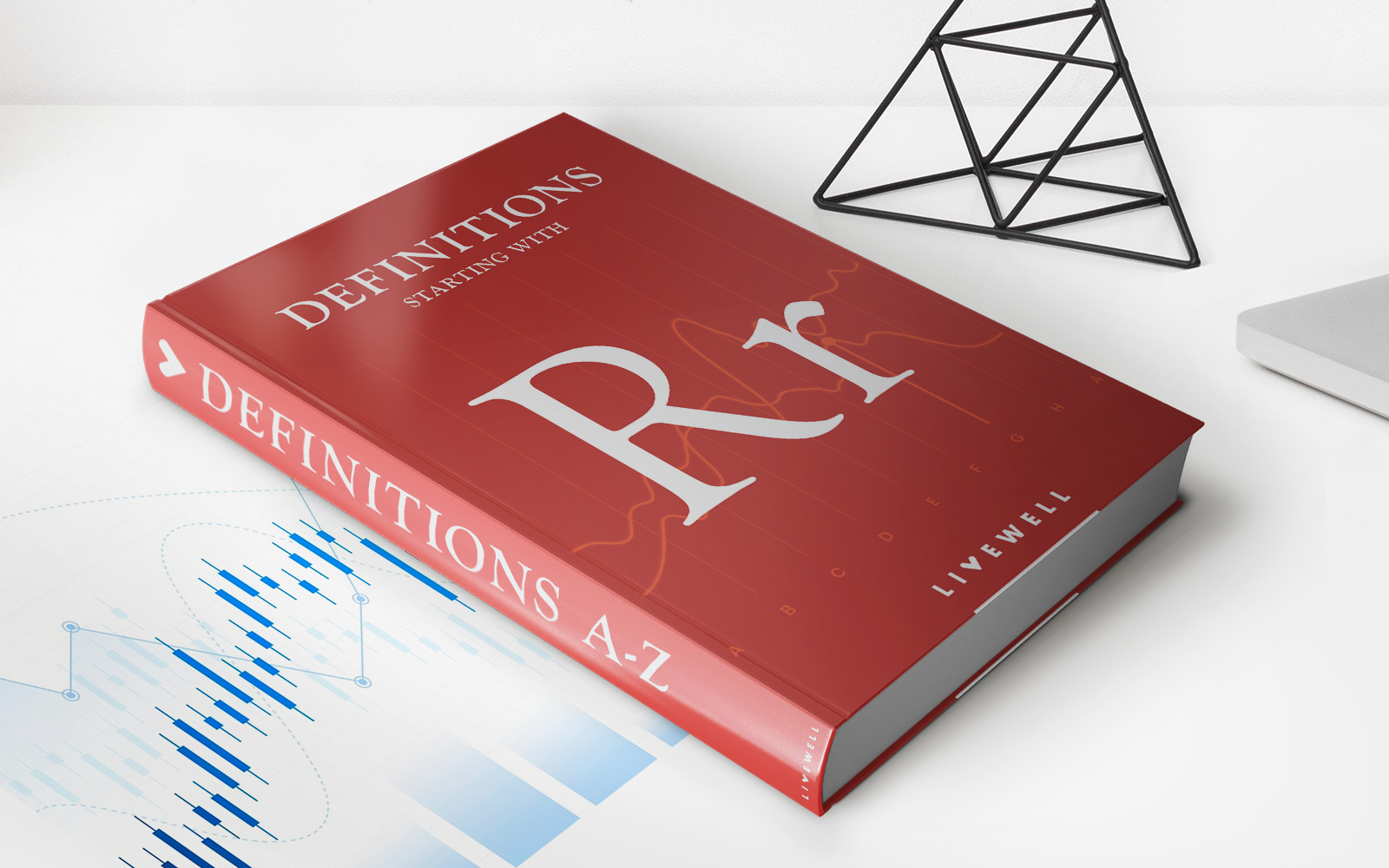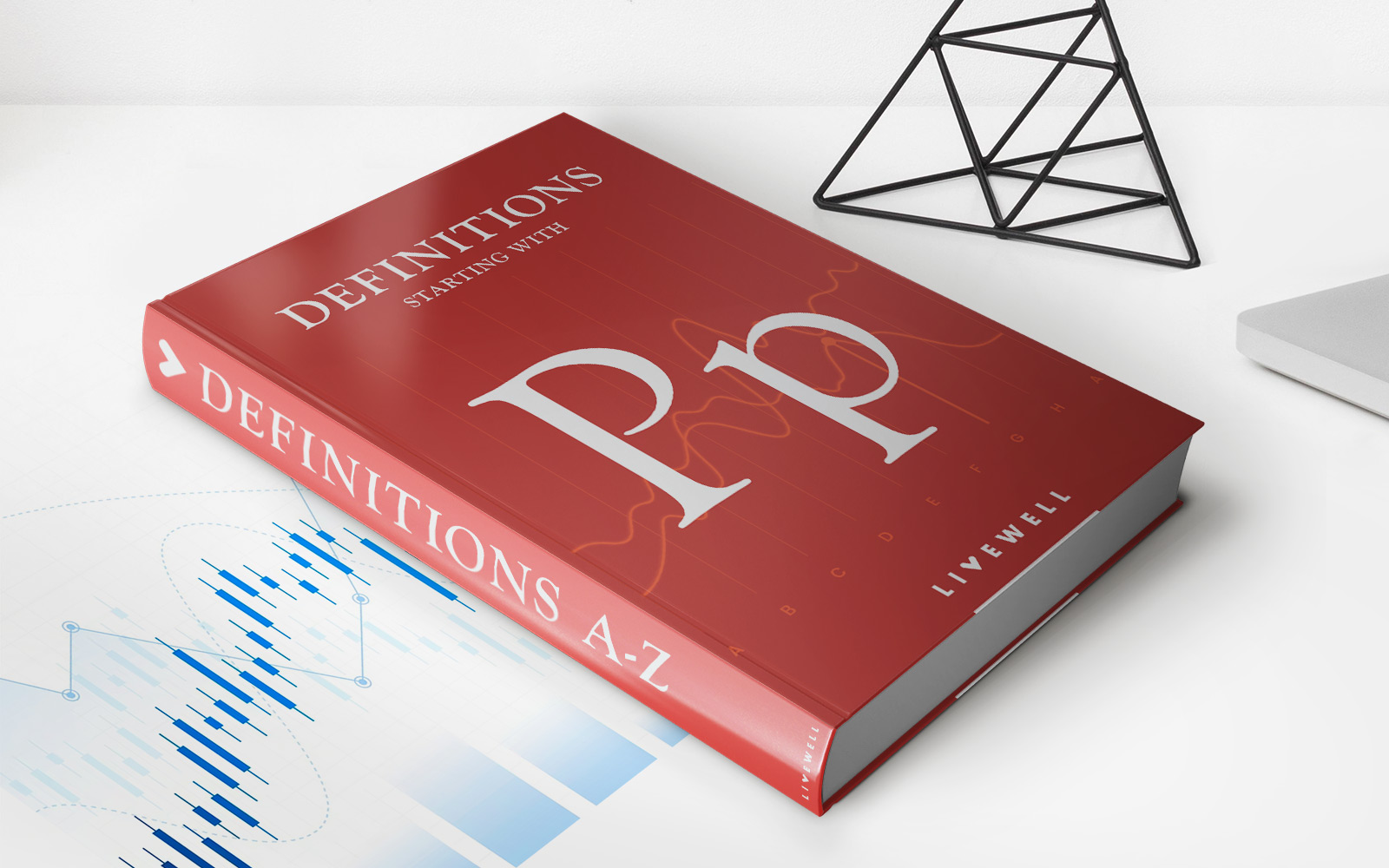Home>Finance>Rule 10b-5: Definition And Role In Securities Fraud


Finance
Rule 10b-5: Definition And Role In Securities Fraud
Published: January 22, 2024
Learn about rule 10b-5 in finance and its definition and role in securities fraud. Understand how this regulation protects investors and ensures fair practices in the financial industry.
(Many of the links in this article redirect to a specific reviewed product. Your purchase of these products through affiliate links helps to generate commission for LiveWell, at no extra cost. Learn more)
Rule 10b-5: Definition and Role in Securities Fraud
When it comes to the world of finance, there are many rules and regulations that govern the actions of companies and individuals in the industry. One such rule that plays a crucial role in preventing securities fraud is Rule 10b-5. In this blog post, we will dive deeper into what Rule 10b-5 is, its definition, and its significance in the world of finance.
Key Takeaways:
- Rule 10b-5 is a regulation under the Securities Exchange Act of 1934 that prohibits fraudulent activities in connection with the purchase or sale of securities.
- Rule 10b-5 acts as a safeguard against deceptive practices such as insider trading, material misrepresentation, and omission of important information.
Now, let’s delve into the specifics and unravel the complexities of Rule 10b-5. This regulation, also known as the “anti-fraud rule,” was adopted by the U.S. Securities and Exchange Commission (SEC) to protect investors and maintain the integrity of the capital markets.
Under Rule 10b-5, it is illegal for any person, whether an individual or a company, to engage in any act or practice that would deceive or defraud others in connection with the purchase or sale of securities. This includes securities transactions on national securities exchanges and over-the-counter markets.
So, why is Rule 10b-5 so important? Here are a few reasons:
- Preventing Insider Trading: Rule 10b-5 prohibits individuals with access to non-public, material information about a company from trading the company’s securities based on that information. This helps ensure a level playing field for all investors.
- Maintaining Market Transparency: An integral part of Rule 10b-5 is that it requires companies to disclose all material information to the public. This ensures that shareholders and potential investors have access to complete and accurate information when making investment decisions.
- Addressing Fraudulent Practices: Rule 10b-5 also covers a wide range of fraudulent activities such as making false statements, engaging in market manipulation, or failing to disclose material information. By prohibiting these practices, the rule promotes fair and transparent markets.
It is worth noting that Rule 10b-5 is not limited to intentional acts of fraud. It also covers negligent or reckless conduct that results in securities fraud. This helps protect investors from both deliberate and unintentional misrepresentations or omissions that may impact their investment decisions.
In conclusion, Rule 10b-5 plays a pivotal role in preventing securities fraud and maintaining the integrity of the financial markets. Its provisions against deceptive practices, insider trading, and material misrepresentation help create a fair and transparent environment for investors. By adhering to Rule 10b-5, companies and individuals can ensure that their actions align with ethical and legal standards, ultimately promoting trust in the financial industry.














